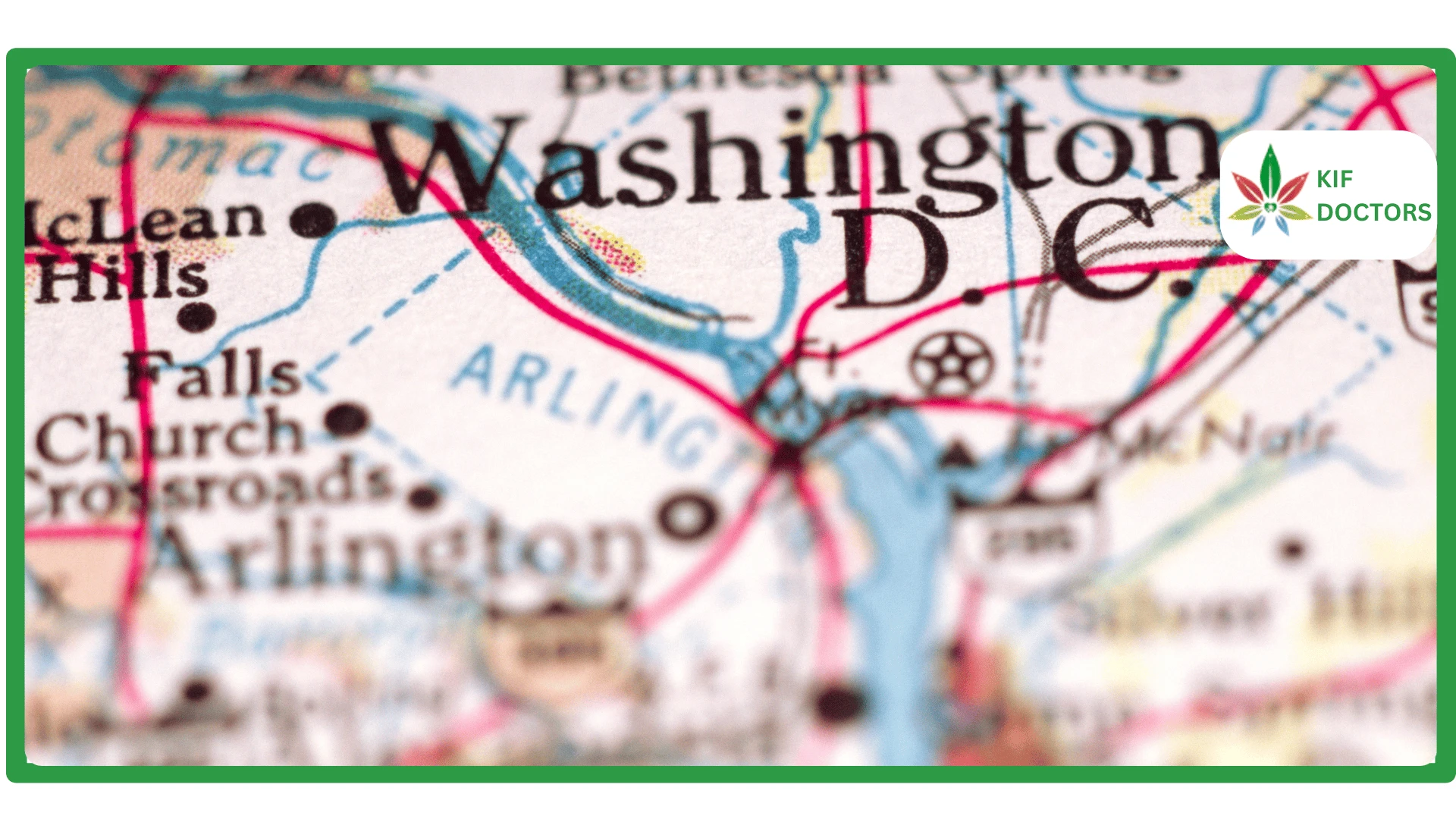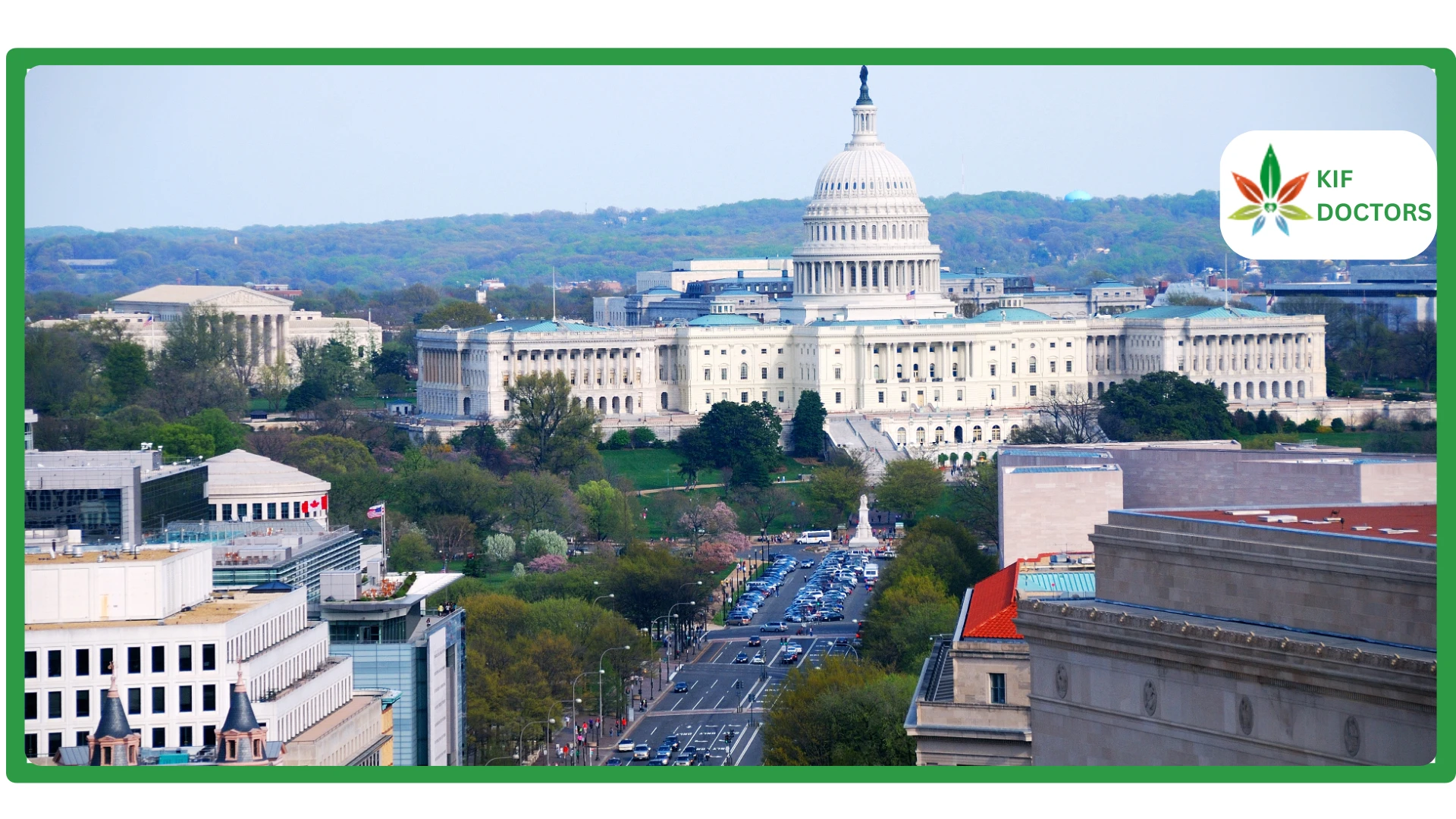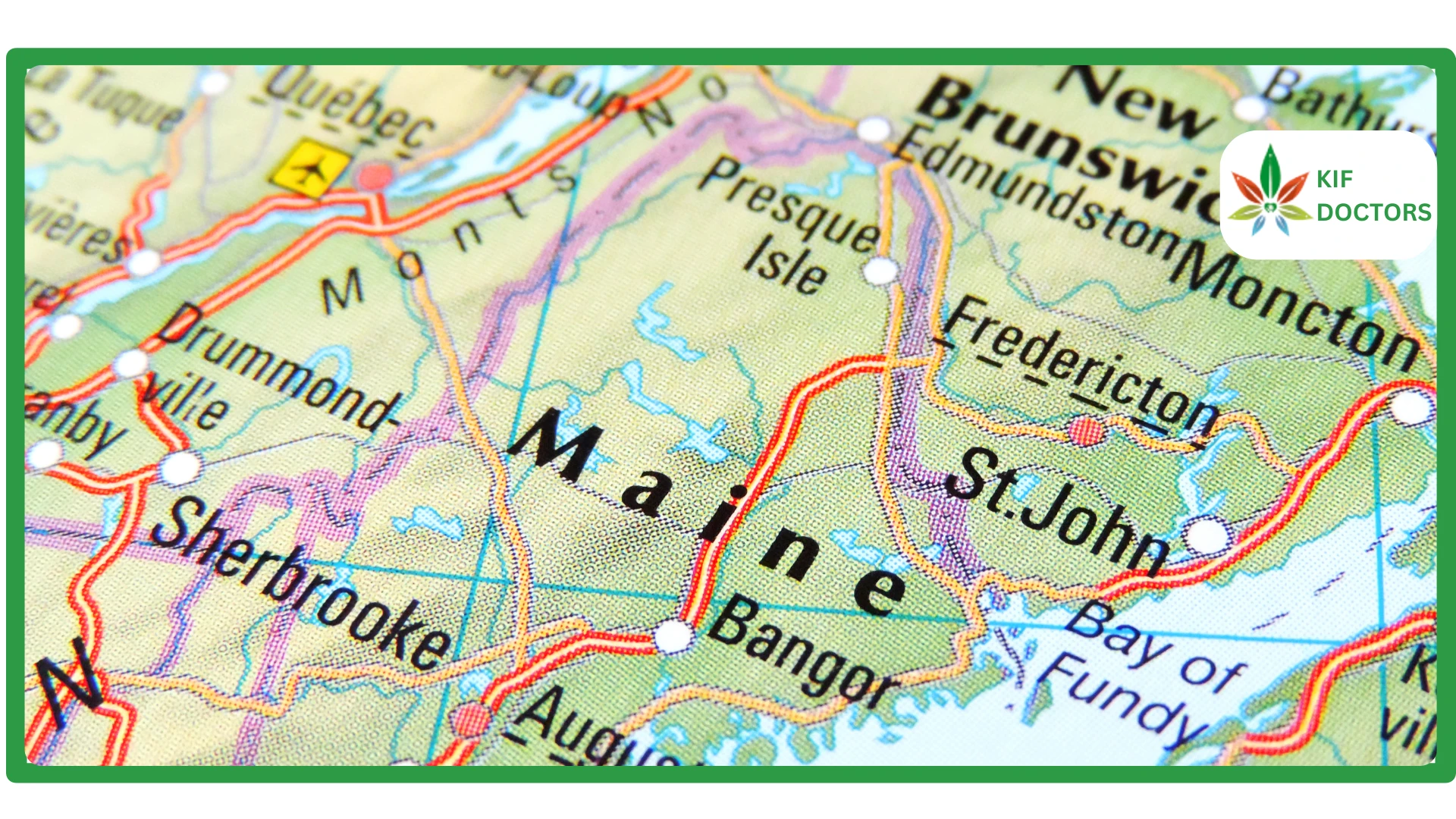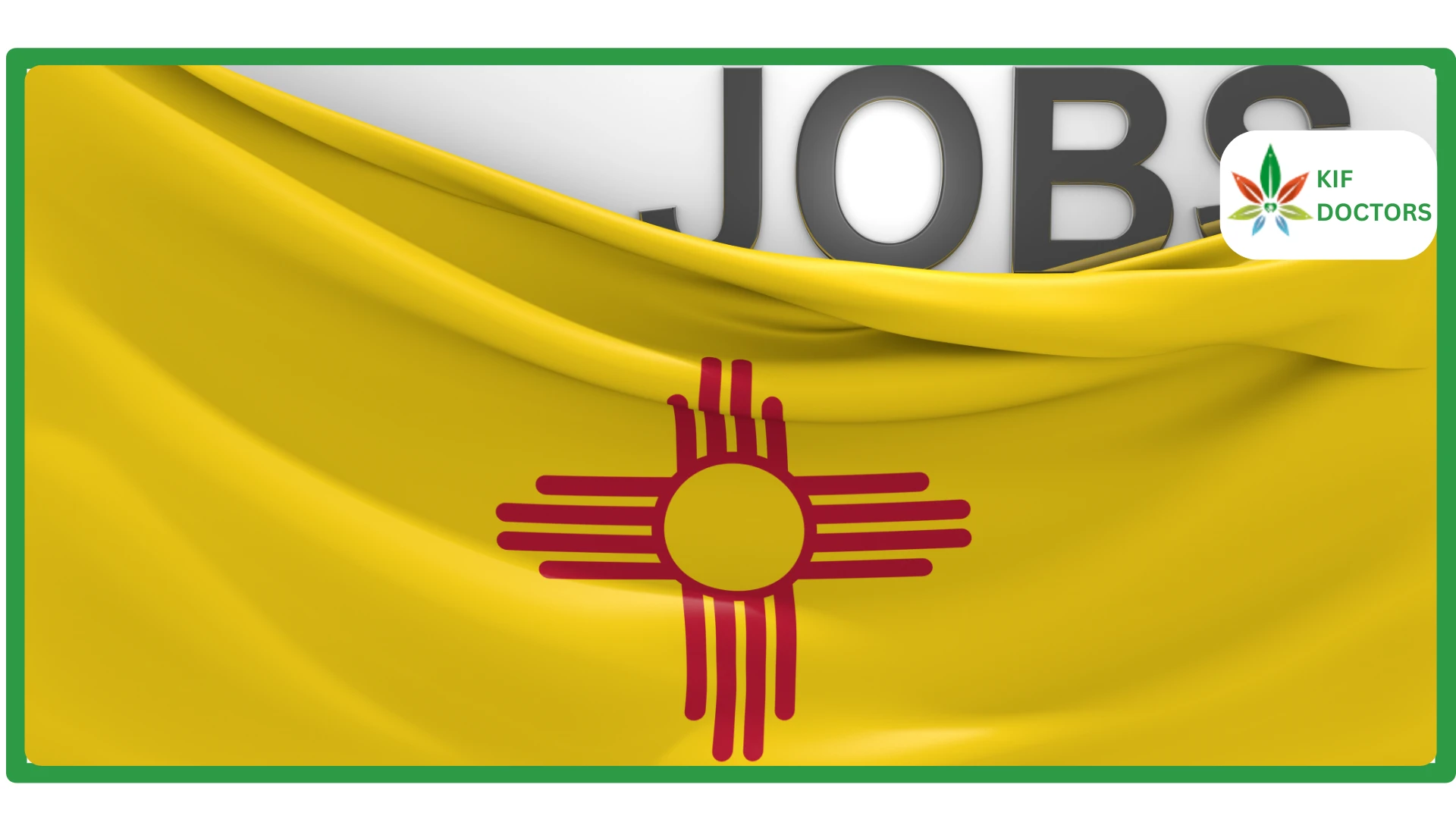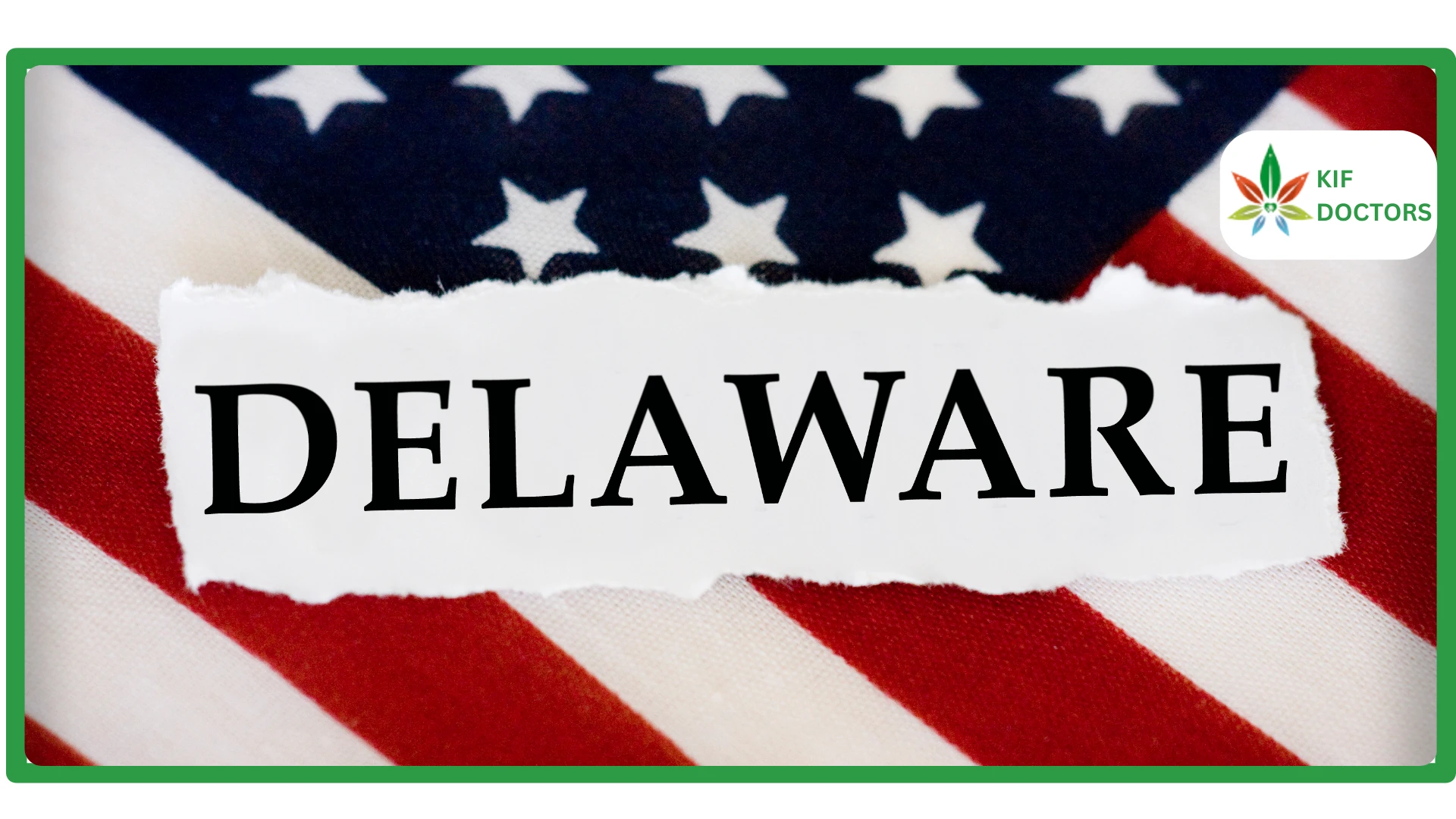The use of cannabis by public school teachers in the US, even with a medical marijuana card, may be forbidden. Many school districts are concerned about the potential loss of crucial federal funding due to marijuana being classified as an illegal controlled substance by the federal government.
If you want to understand more about being a teacher and using medical marijuana, including the potential disciplinary consequences and whether CBD is allowed for educators, you can find additional information.
Please note that the details provided in this article should not be considered as legal advice. If you have any inquiries concerning marijuana use as a teacher, it is advisable to seek the advice of an attorney.
Factors to Consider
Federal Funding Dependency
Teachers in schools that rely on federal funds are subject to federal laws. Federal laws categorize marijuana as an illegal substance. Consequently, even if a teacher possesses a medical card, the use of medical marijuana may be prohibited in such educational institutions.
State Laws
State laws play a crucial role in determining whether teachers with medical cards can use medical marijuana. In states where medical marijuana programs are established, teachers may have more opportunities for legally using medical cannabis. However, in states without such programs, private schools are unlikely to permit teachers to consume medical marijuana.
Medical Card Rules for Teachers and Education Professionals
The rules concerning medical cards differ between states and can also vary between private and public schools. However, in all 50 states, including the District of Columbia, possessing or using marijuana could lead to disciplinary action, even in states that approve the use of medical marijuana.
If you are a teacher, it is even possible to be fired for using medical marijuana.
In 2021, the firing of Allison Enright by Brevard County Schools in Florida for using medical marijuana caused controversy. Enright was surprised by this decision since medical marijuana is legal in Florida.
Unfortunately, due to marijuana's federally-prohibited status, there are no legal protections for people who use it for medical purposes.
Not other states see teacher marijuana usage with the same severity as Florida does. For instance, the state Supreme Court of New Jersey declared in 2020 that it is unlawful to terminate employees for taking medical marijuana.
Nevertheless, teachers still need to comply with their school district's regulations, which typically means they cannot be under the influence of marijuana while on school premises or during any school-related events.
School bus drivers face even stricter penalties for using medical marijuana. If a bus driver is found guilty of driving under the influence (DUI) while transporting minors, they would not only lose their job but also face serious legal consequences.
On the other hand, if their state's medical marijuana programme permits minors to be certified, pupils might be permitted to consume marijuana for medical purposes. Children who have been identified as having a qualifying ailment and who have been granted a medicinal marijuana card in their state may be given medical cannabis by their parents or legal guardians. On school grounds, however, this is normally not permitted.
In conclusion, there is no set rule or clear-cut solution, as is frequently the case with cannabis-related difficulties.
Does the Type of Teacher You Are Affect Medical Card Rules?
Private school teachers might be subjected to varying rules and regulations concerning the usage of medical marijuana.
If a school does not rely on federal funding, there is a possibility that medical marijuana use could be allowed. However, state laws also play a role, so it is unlikely that a private school in a state without a medical marijuana program would permit teachers to consume the plant.
Before using medical marijuana, teachers or school officials should consult their educational institution. Private schools have distinct policies about drug-free workplaces. Some may need their educators to undergo random drug tests. Failing a drug test could lead to termination of employment or other penalties.
Considerations for Private Colleges and Universities
Accommodations for Health Conditions
Professors at private colleges and universities may be allowed medical marijuana use, especially when they have certain health conditions. These institutions may prohibit recreational marijuana but make reasonable accommodations for individuals with valid medical needs. However, it is important to note that medical cannabis use might be limited to an employee's home and forbidden on school grounds.
Consult Institution Policies
Before using medical marijuana, teachers or school officials should check with their learning institution. Private schools have different approaches to maintaining drug-free workplaces. Some institutions may need their educators to undergo random drug tests as part of their employment terms. It is crucial to be aware of these policies, as positive drug tests could lead to termination of employment or other penalties.
Conclusion
As the legal landscape around medical marijuana continues to evolve, it is crucial for individuals considering a teaching career to stay informed and navigate these complexities responsibly.
Also Read: Medical Marijuana Registries by State
 Since 2021, Kif offers a streamlined platform to get a medical marijuana card online. We have served more than 45K patients across the United States. Sign Up Now to get the right to use medical cannabis for your health condition without any delay.
Since 2021, Kif offers a streamlined platform to get a medical marijuana card online. We have served more than 45K patients across the United States. Sign Up Now to get the right to use medical cannabis for your health condition without any delay.

















